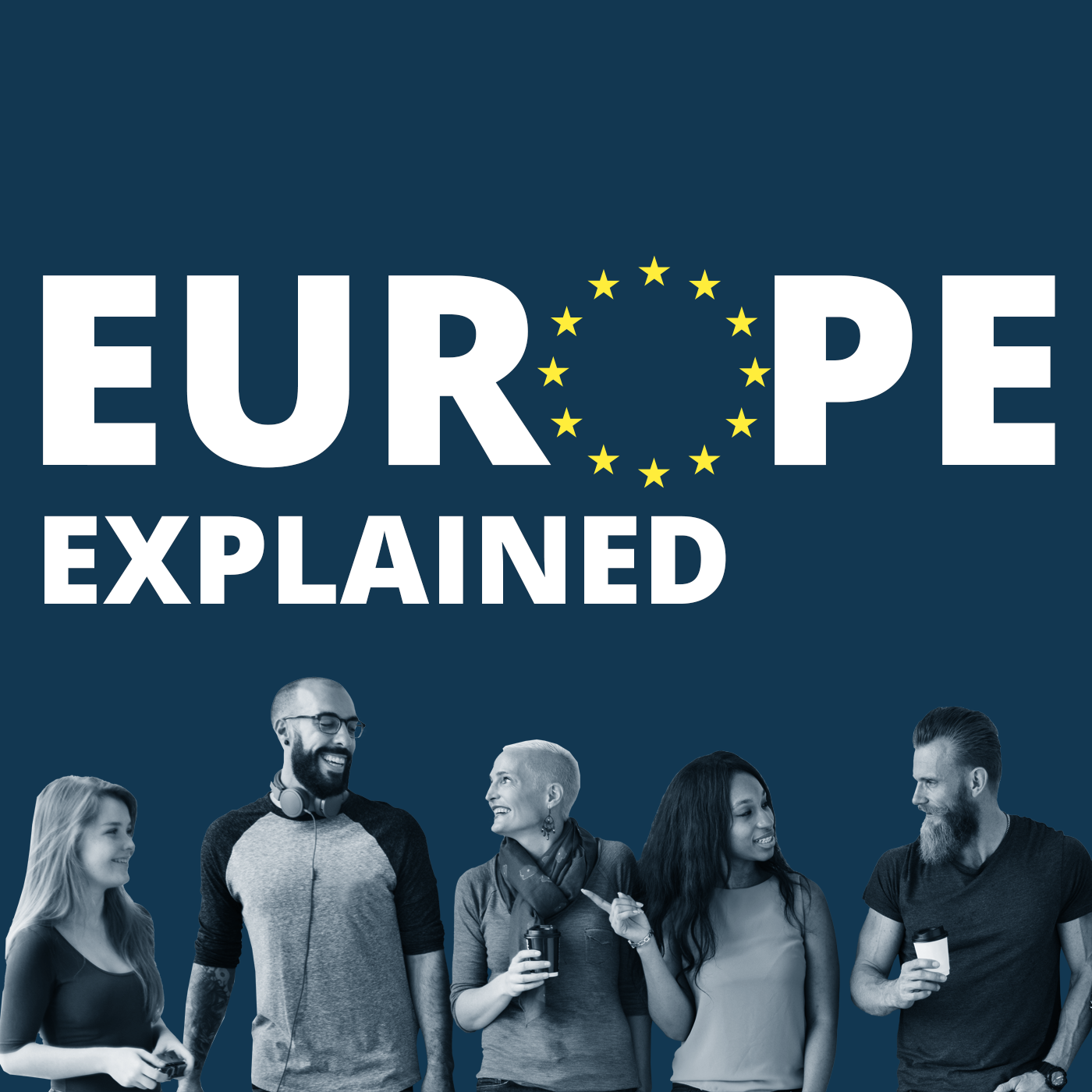Transcription
Moderator (Jeremy):
Gianluca is, or has been since 2024, Director General of Human Rights and Rule of Law at the Council of Europe.
But he's had quite an extensive and influential career in the organisation. Prior to that, he was Director of the Private Office of the Secretary General and the Deputy Secretary General, as well as Executive Secretary of GRECO, where he was overseeing the Council of Europe and European efforts to fight corruption. He's also been involved in negotiating major conventions on a number of different issues, including cybercrime, human trafficking, and the efficiency of justice. And beyond the Council of Europe, he was a Senior Counsel at the International Monetary Fund—in Washington, I think? So, please join me in welcoming Gianluca Esposito.
Gianluca Esposito:
Thank you very much, Jeremy. And good morning, everybody. I'm really honoured and pleased to be here with you today in this panel.
I was very much inspired by the Vice President’s speech and comments. There were quite a few things I would have liked to add, and I might do that while I speak. I think it’s clear that we are facing an existential crisis—one we must act on now, not tomorrow.
I hope the data is strong enough for us to accept that. I suspect no intellectually honest person could argue the opposite. So once we’ve accepted that, we need to look at political commitment. At the Council of Europe—which is broader than the European Union—we had a summit in Iceland a couple of years ago. I’m happy to see the Icelandic Ambassador here today. At that summit, 41 Heads of State committed to taking action on climate change, pollution, and biodiversity loss. And I believe, when leaders speak, they mean what they say. My job today is to tell you where we are, two years on. What we’ve done, what we haven’t done, and where we go from here.
Firstly, we’ve strongly recognised the key role that young people play in tackling climate change. This recognition is clear within the Council of Europe—from our Parliamentarians, our Committee of Ministers, and across our internal processes. Youth are not just victims—they are leaders and actors in this space. And I’m happy to see our young colleagues here today.
Secondly, we’ve acknowledged the severity of environmental crimes. They generate the third-highest criminal proceeds in Europe.
Our Human Rights Court recently ruled in a case in the area I’m from—Terre dei Fuochi near Naples—recognising the right to a healthy environment in a heavily polluted region. I started out there, collecting rubbish as a young person. Eventually, I decided to try to tackle the root causes instead. That court case concerned illegal waste management, and we’ve since developed a treaty—a convention that criminalises pollution, illegal logging, hazardous waste, and even ecocide. The draft treaty is now before the Parliamentary Assembly for consultation and (hopefully soon) adoption, so that countries can better cooperate in combating these crimes.
Thirdly, we’ve finalised an internal environmental strategy for the Council of Europe. This will guide our operations and ensure our budget supports environmentally friendly action and efforts to combat climate change. So those are three items on the plus side.
Now, to the minus column.
There is still a heated debate about whether the right to a healthy environment is a fundamental human right under the European Convention on Human Rights. Our Parliamentary Assembly—led by the former President, Rick Daems, who's here today—has clearly said yes. But at the intergovernmental level, things are more complicated.
Right now, there are nine options on the table for how to move forward. They range from:
1. A new protocol under the European Convention on Human Rights,
2. A protocol to the European Social Charter,
3. A standalone treaty on the right to a healthy environment (without access to the European Court),
4. …to doing nothing at all.
The spread goes from maximum to minimum engagement. And the debate is still very much ongoing.
Meanwhile, courts are already acting. Not just the European Court of Human Rights, but also national courts—in the Netherlands, France, and elsewhere—have issued judgments due to governmental inaction.
Governments face a choice: Either frame and define what the right to a healthy environment means, so courts have a legal basis to work with… Or don’t—and let courts continue issuing judgments independently. And they will. They already are.
Recently, the European Court ruled in KlimaSeniorinnen v. Switzerland, where a group of elderly women proved that climate change disproportionately affected them. They won. Switzerland is now obliged to implement the judgment. But frankly, having done this job for 30 years, I don’t know of a single country that wouldn’t be in the same position. Any group of senior women in any of our member states could probably bring a similar case—and win. So while the debate drags on, the courts are delivering justice. And that will continue.
I'll stop here to allow time for discussion.
That is the landscape we’re working in at the Council of Europe. And I want to thank you for this initiative. Thanks to the Parliamentary Assembly. And especially congratulations to the young colleagues—you're taking a leading role, and it's our job to support and encourage that. Thank you.










